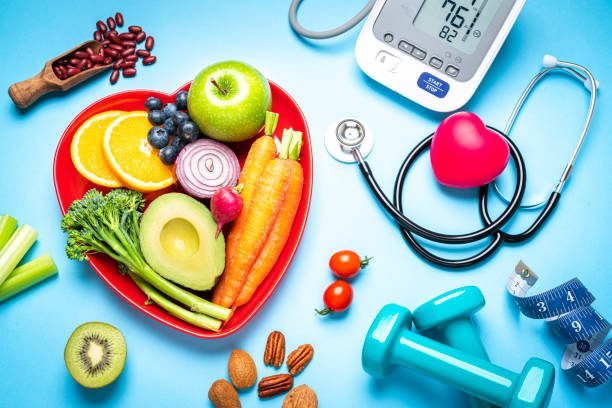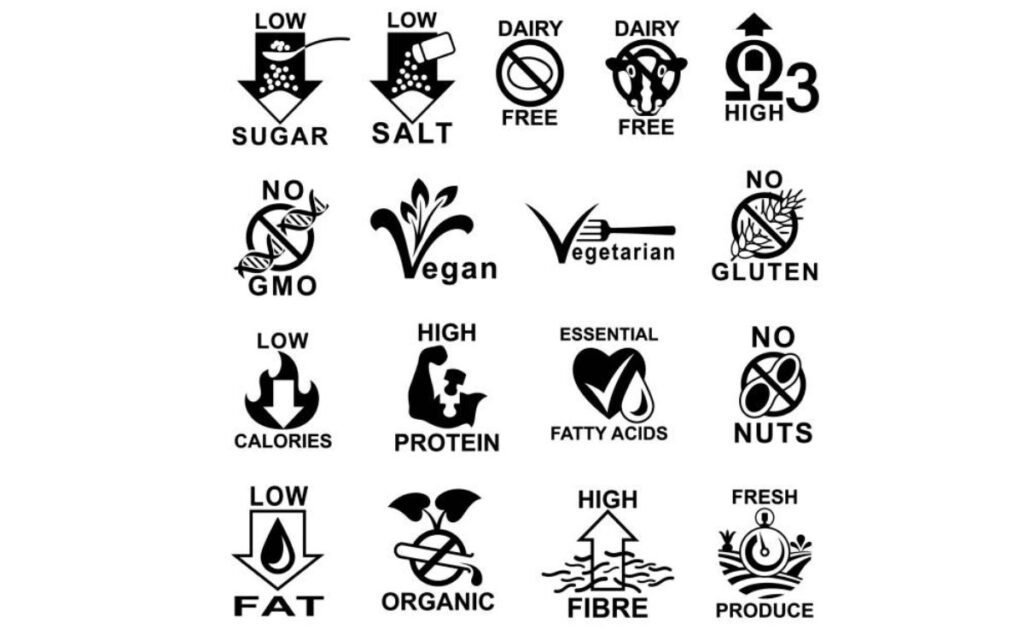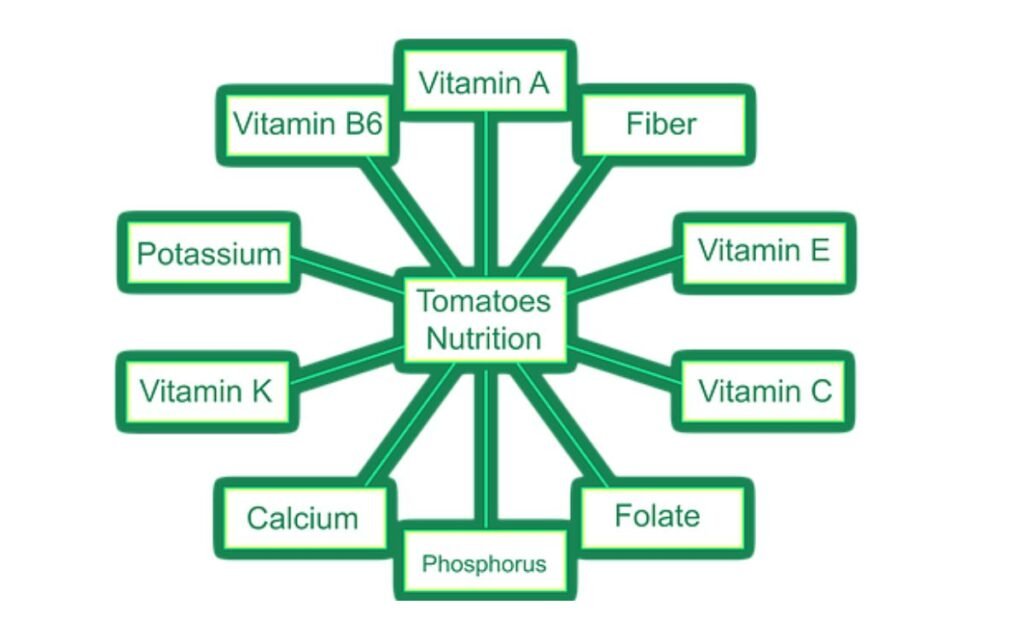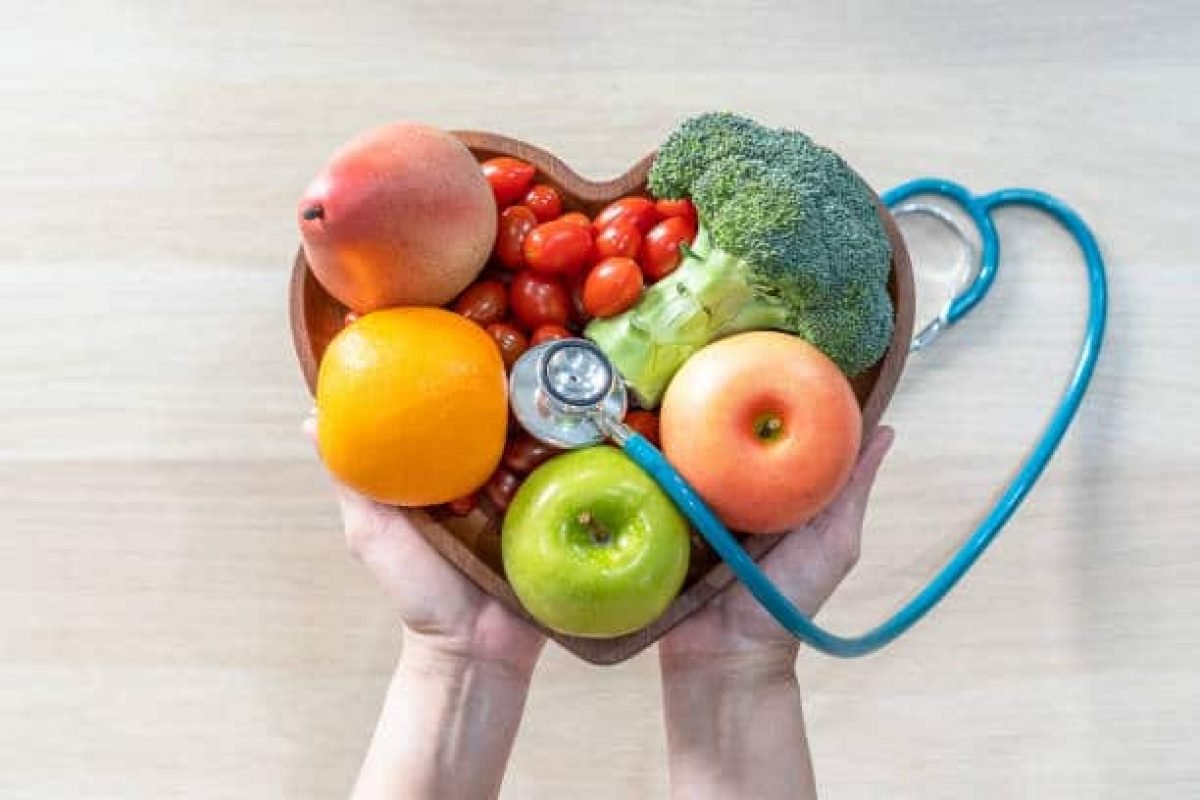The study of nutrients in food, how the body uses them, and the link between diet, health, and disease is called nutrition. Get proper nutrition for a healthy life.
There is no one-size-fits-all answer to a healthy diet, but there are some general principles that can help. Eat a variety of foods, including fruits, vegetables, whole grains, and low-fat or non-fat dairy. Also, eat lean proteins such as fish and chicken, and avoid fatty meats. Limit sugar-sweetened beverages and choose water or low-fat milk instead. Avoid trans fats completely. And try to get at least 150 minutes of physical activity a week by doing things you enjoy like walking, running, biking, swimming, dancing, and playing sports. That way you can get the most benefit from your healthy diet and prevent or control diseases like diabetes, heart disease, and cancer.
What is the significance of nutrition in maintaining a healthy lifestyle?
A well-balanced diet enhances mental and physical development. It also helps with bodyweight maintenance, safe pregnancy, chronic illness prevention, and overall well-being.
Functions of Nutrients

Nutrients serve a variety of important purposes, including:
- They are the body’s main source of energy.
- They aid in the development and repair of bodily tissues.
- Vitamins that are fat-soluble can be better absorbed.
- This supplement boosts collagen synthesis.
- Blood vessels, bones, and muscles have given proper structure.
- also aids in maintaining the body’s metabolism.
From the minute we’re born, we’re aging. Constant exposure to our environment, the things we eat, and stress from both inside and outside our bodies all cause us to age over time.
Aging is highly complex, but scientists are starting to understand what happens at the cellular and molecular levels.
For example, healthy cells are damaged over time when our immune systems shift from reacting to short-term problems like injuries and infections, to gradually producing chronic inflammation throughout the body.
- Time also gradually shortens the telomeres that act as protective caps for our DNA-containing chromosomes.
- These and other changes make our bodies less and less able to deal with stress from inside and outside of our body, so when damage reaches a critical level, our cells, tissues, and organs may no longer perform normally and our health starts to decline.
- The changes associated with aging start to happen at some level on day one. We begin to experience their effects early in life.
Things you should know
We lose the ability to hear certain high-frequency sounds as teenagers, our cognition and memory slowly decline after they peak in our mid-20s, the strength of our bones starts to decrease in our 30s, female fertility sharply declines after 35, and age-related near-sightedness begins in our mid-40s, and our hair starts to gray and thin as early as our 30s and 40s.
- After the age of 50, the changes of aging become increasingly noticeable, and because aging is the biggest risk factor for most of the diseases that affect us as adults, the older we get, the higher our risk of chronic disease becomes.
- While scientists have not yet found a way to stop these processes of aging, they are learning more and more about how to maintain health throughout our lives.
- Some aspects of aging are out of our control—like our genetics and our family history–but we can educate ourselves about moderate risk factors and do our best to reduce them through healthy life and nutrition choices.
Self Care
Most of us can be healthy and active well into our later years if we take care of ourselves.
It’s no surprise that regular physical activity can help maintain a healthy weight, improve moods and sleep habits, and boost overall health. And it’s clear that a well-balanced diet full of nutritious foods is critical to good health.
But when it comes to understanding which foods are the best choices, much nutrition research has focused on how certain foods or nutrients may have a negative effect on health, or even play a role in disease development.
More recently, scientists have begun to explore and understand how nutrition may play a role in promoting healthy life aging throughout all life’s stages.
We are rapidly learning about what foods and nutrients should be emphasized in our diets, and how they can enhance our health.
Diets full of fruits and veggies, whole grains, legumes, nuts, and lean meats, have proven health benefits like lowering blood pressure, improving glucose control in diabetes, weight loss, improving arthritis, and reducing the risk of cancer and cardiovascular events, to name a few.
And we are learning more about the specific nutrients that can impact health.
For example, plant pigments found in bright orange and red fruits and vegetables may prevent and slow the progression of eye diseases.
- Calcium helps to keep bones strong.
- B vitamins play a role in maintaining brain health.
- And flavonoids from many plants may improve the health of our cardiovascular systems.
Basics Of Nutrition For a Healthy Life

Micronutrients and macronutrients are the two types of nutrients available. Macronutrients are macronutrients or nutrients that the body needs in high quantities. These supply energy to the organism (calories). Micronutrients are little amounts of nutrients that the body needs. Discover the functions, suggested dietary intake, and food sources of the various nutrients our systems require by clicking on the links below.
Most adults naturally absorb enough amounts of macronutrients and most vitamins and minerals without the need to measure food intake if they eat a variety of fruits, vegetables, grains, and proteins.
Individuals following a special diet (e.g. vegan), individuals with certain medical disorders (e.g. diabetes or celiac), athletes, and the elderly may require special treatment.
Macronutrients
Macronutrients are the three nutrients that make up the bulk of our diet. The three nutrients are carbohydrates, protein, and fat.
Carbohydrates
- you need Nutrition for healthy life throughout a high-intensity workout.
- To preserve muscle mass during exercise)
- The central nervous system (your brain!) needs fuel.
Proteins
- Structure of the tissue (part of organ tissues, muscle, hair, skin, nails, bones, tendons, ligaments, and blood plasma)
- Plasma membranes are a component of cell plasma membranes.
- Metabolic, transport, and hormone systems are all affected.
- Enzymes that govern metabolism are made up of.
- Acid/base balance is important for maintaining a neutral environment in our bodies.
Fats
- A source of energy
- Protects vital organs
- Insulation
- transport fat-soluble vitamins
Micronutrients
A healthy diet is essential for both physical and mental health. It is also important to include supplements to get the most out of your meals. Vitamins, minerals, and other nutrients are essential for the body to function properly. Deficiencies in certain vitamins and minerals can lead to health problems and interfere with normal growth and development.
Water-Soluble Vitamins
Water-soluble vitamins are those that dissolve in water. This means that they can be absorbed through the skin and gastrointestinal tract. Because they are absorbed through the skin, water-soluble vitamins are especially important for pregnant women and young children. Some of the most common water-soluble vitamins include vitamin A, vitamin B1 (thiamine), vitamin B2 (riboflavin), vitamin B3 (niacin), vitamin C, vitamin D, vitamin E, vitamin K, and folic acid.
1. Vitamin B1
- To release energy from food, it’s necessary.
- Prevents the spread of beriberi
2. Vitamin B2
- Required for the formation and maintenance of the body’s tissues.
3. Vitamin B6
- aids the neurological system’s growth.
- Blood has produced by this organ.
- Aids in the breakdown of protein and glucose into energy for the body.
4. Vitamin B12
- Promotes appropriate nervous system development and growth.
5. Vitamin C
- Aids in the formation of growth hormones
- It’s necessary to have healthy gums, teeth, and bones.
- Antioxidant
6. Folic Acid
- contributes to the production of DNA and proteins
- and helps to keep the gastrointestinal tract in good shape.
- Bone growth is aided by this supplement.
- Prevents nervous system birth defects.

Vitamin A
Vitamin A is a group of fat-soluble compounds that occur naturally in plants and animals. It promotes good vision and a strong immune system. It is found in foods such as liver, carrots, sweet potatoes, spinach, kale, and apricots. A lack of vitamin A can cause night blindness and lead to infections and poor growth and development in children. It is also a component of a number of important body functions including cellular repair, bone formation, and reproduction. It is important in nutrition for Healthy Life
Fat-Soluble Vitamins
- Vision
- Good-looking hair
- Good-looking skin
1. Vitamin D
- Aids in the development of strong teeth and bones
- Aids in the prevention of rickets
2. Vitamin E
- Prevents cell membrane damage
- Vitamin A is protected by this supplement.
- Aids in the formation of blood
3. Vitamin K
- Aids in the coagulation of blood
Minerals
Minerals are some other important nutrients for the body which needed in lesser amounts. But they play an important role in the body. Not only in the physical activities but also help in the digestion of the food.
Calcium
- Keeps teeth and bones healthy.
- Aids in the coagulation of blood
- It aids the function of the nerves and muscles.
Potassium
- Water balance in cells is regulated.
- It aids nerve function.
- Heart rhythm is crucial.
Sodium
- Water balance is regulated.
- Nerves are stimulated.
Iron
- Produces red blood cells
- It is responsible for transporting oxygen throughout the body.
Zinc
- Carbon dioxide movement is aided.
- Assists in the healing of wounds
- Produces enzymes
Water
- Water is an important component in our blood, tissues, and organs and makes up the majority of our bodies.
Functions
- Tissues in the lips, eyes, and nose are moistened.
- It safeguards the body’s organs and tissues.
- It aids in the prevention of constipation.
- aids in the removal of impurities and other nutrients, allowing them to absorb by the body.
- helps in the regulation of the body’s temperature
- Joint lubricant
- Clearing away waste products relieves stress on the kidneys and liver.
- It transports nutrients and oxygen to the cells.
This website’s content has been given in good faith for the sole purpose of giving general information. Website Name makes no claims or representations regarding the content’s completeness, accuracy, or reliability. Although, Any action you take as a result of the content on this website is solely your responsibility. We will not be held liable for any losses or damages resulting from the use of our website.
Conclusion
The bottom line is that I am not a health expert. You have the power to maintain and improve your health, add years of vitality to your life, and reduce your risk of disease. And it’s never too late to make a change.
Also Read: Healthy Daily Routine with Ayurveda




